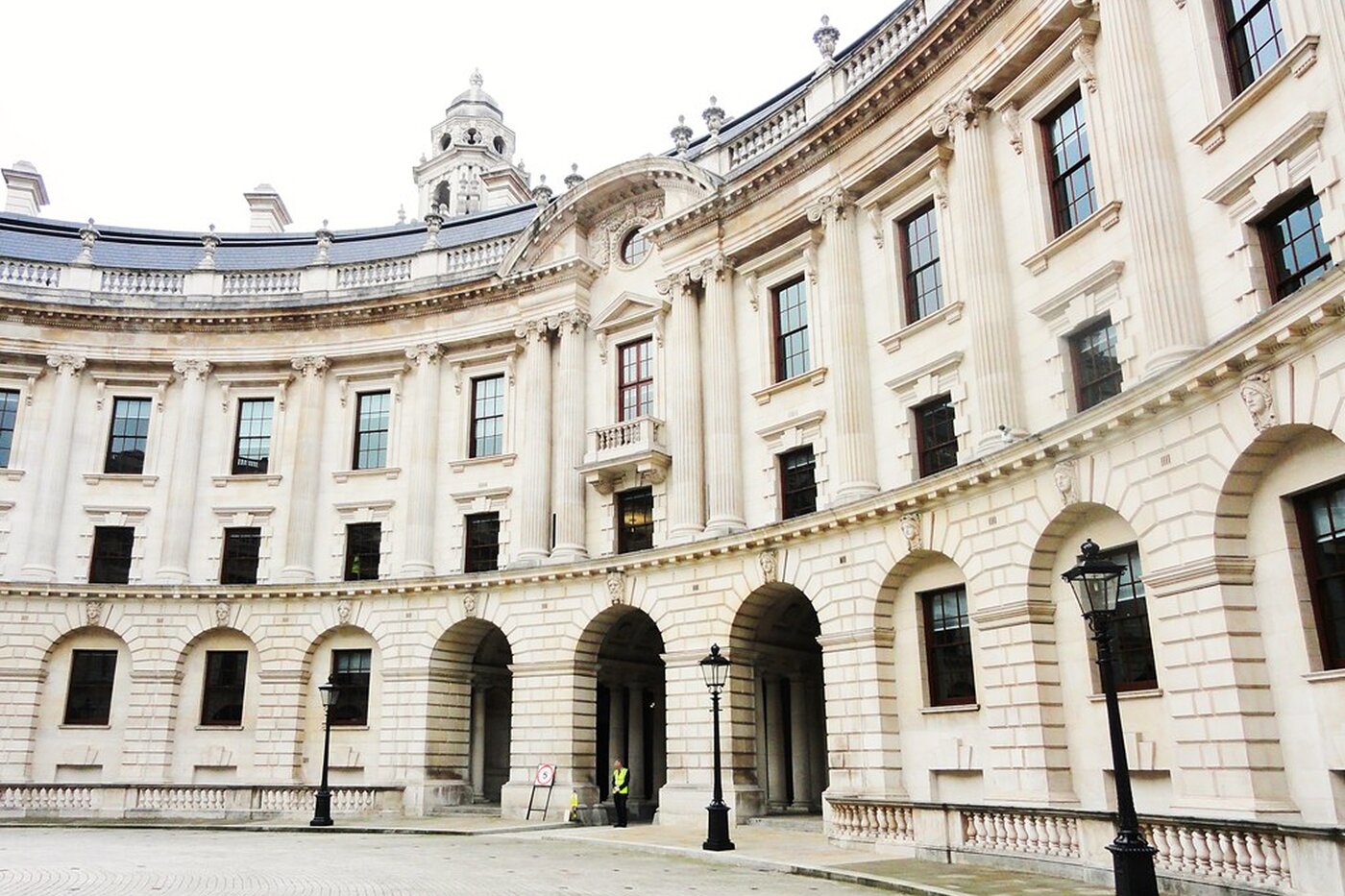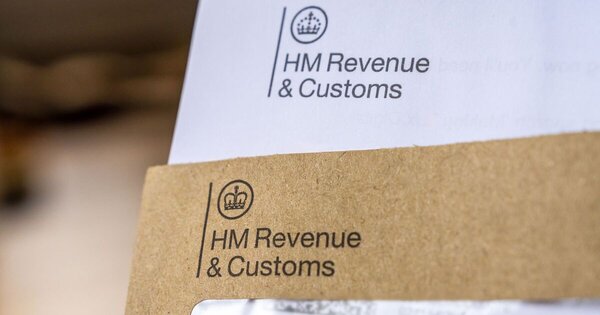A grieving family paid £15,000 in the wrong tax due to HMRC's own mistake. Weeks of confusion, conflicting advice, and mounting frustration followed, until media intervention finally forced HMRC to admit fault and issue a refund.
Settling an estate is never simple, but one retired judge and her accountant brother-in-law found themselves trapped in a tax nightmare. Despite their professional experience and good intentions, they were misadvised by HMRC, paid the wrong type of tax, and were denied a refund, until a journalist stepped in to resolve it.
A Costly Mistake in the Midst of Grief
After the mother’s death, the family diligently began probate, valuing the house at £550,000 and later selling it for £627,000. They paid £27,800 in Inheritance Tax (IHT) based on the updated value, but HMRC then insisted Capital Gains Tax (CGT) applied instead.
After multiple conversations with HMRC, both family members were told CGT was due. Trusting HMRC’s guidance, they paid £14,965, but later discovered this was incorrect.
Probate, Property, and a Taxing Misunderstanding
Tax law normally exempts beneficiaries from CGT on inherited property, unless the property gains value after the date of inheritance. In this case, because the probate value had been corrected to match the sale price, there was technically no gain, and no CGT should have applied. Yet HMRC calculated a supposed £77,000 gain and charged CGT at 24%, misapplying the rules and causing the £15,000 error.
The Rules: A Tangled Web of Thresholds and Allowances
The confusion partly stemmed from how inheritance allowances are applied. The mother’s estate qualified for up to £675,000 of tax-free allowance, due to the combination of the nil-rate band and residence nil-rate band, even though the father’s tax allowance had been used up in 1990. This meant that only the excess £69,000 was taxable at 40%, justifying the original £27,800 IHT payment, not CGT.
Expert View: “CGT Should Never Have Applied”
Tax expert Stefanie Tremain of Blick Rothenberg confirmed that correcting the probate value nullifies any gain. “If you’ve updated the IHT return to increase the probate value, you’ve effectively wiped out the CGT liability,” she said. “The IHT bill goes up, but there’s no profit to tax under CGT.” Her analysis affirmed what the family had suspected all along: HMRC got it wrong.

Conclusion
This case is a sobering reminder that even when you follow the rules, the system doesn’t always reward you. HMRC’s conflicting guidance left a family thousands out of pocket, despite doing everything right. The eventual refund came only after media intervention. For many others without that spotlight, justice may remain out of reach. It also underscores the need for HMRC to improve internal training and accountability when advising the public.











